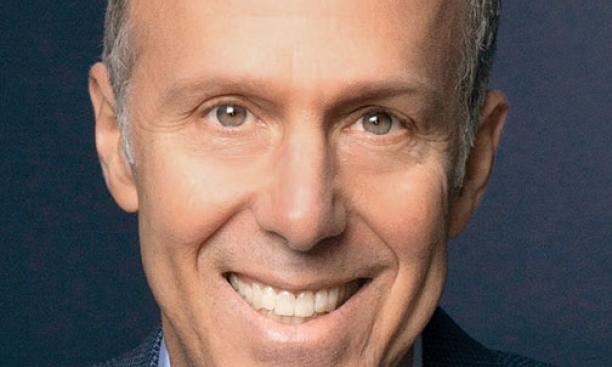

During 35 years as an entrepreneur, Derek Lidow ’73 found that successful businesses often are less dependent on a grand strategy than on the people involved. In Startup Leadership: How Savvy Entrepreneurs Turn Their Ideas Into Successful Enterprises, Lidow describes how to develop skills such as the ability to motivate others. At Princeton, he teaches classes on entrepreneurial leadership.
What have you learned about how ideas become — or don’t become — thriving businesses?
I’ve seen great ideas that never saw the light of day. I’ve seen the smartest people fail and other people, shockingly, succeed beyond the wildest imagination. So for the last 30-odd years, I’ve tried to figure out what creates success.
What prompted you to start your company, iSuppli, which you sold in 2010 for more than $100 million?
When I started working in the electronics industry, there was critical information missing, and the industry was making very expensive decisions — for example, choosing whether or not to build more factories or produce more parts — based on gut feeling. I thought we needed to add another factor, so I created a company to figure out how that information could be made available.
Less than 25 percent of startups survive more than four years. How can you beat those odds?
Entrepreneurial success is far more dependent on the leadership skills of the founder or CEO than any idea, no matter how good you think the idea is. The skills required to turn an idea into a value-producing and self-sustaining enterprise — relationship building, motivating others — can be learned, and do not require any special traits you must be born with. I tell them that if they’re going to have impact, they’re going to need other people. Your ability to impact the world is proportional to how excited you get people.
Interview conducted and condensed by Katharine Gammon ’03
